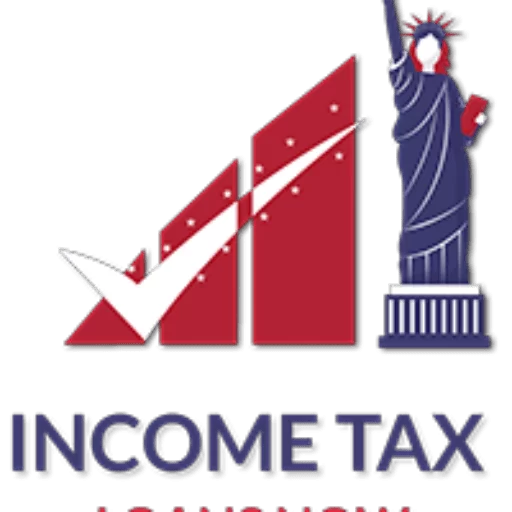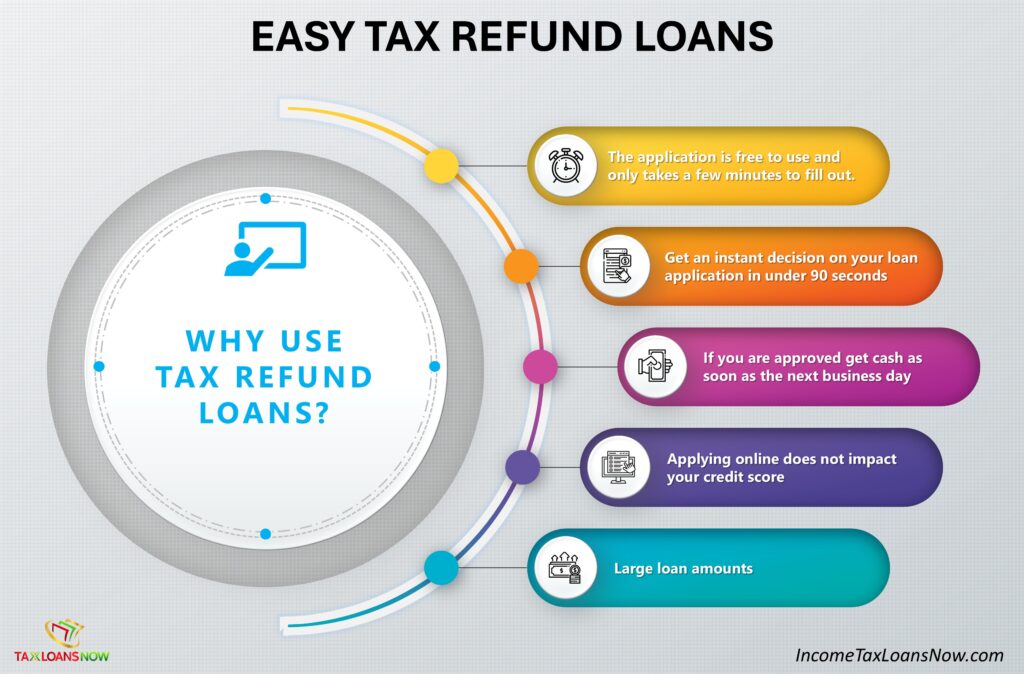There is no denying that student loans provide you with educational opportunities you would otherwise not be able to take advantage of due to the high costs of acquiring higher education in the United States.
However, they can also cause you a lot of financial stress, and not only in relation to paying them off. Student loans can actually impact your taxes and make a significant difference in your final tax bill, which is why it’s important that you learn how to include them when filing your documentation. This article explores this topic.
Do You Pay Taxes on Student Loans?
Due to the fact that they need to be paid back, the government does not consider student loans to be taxable income, and therefore, you don’t need to pay taxes on them. Aside from student loans, you also don’t need to pay taxes on financial aid such as:
- Scholarships and grants that you use for tuition payments, books, and supplies. Keep in mind, however, that you might have to pay taxes on a part of your scholarship or grant if you used it for something other than the things we listed. So, if you got a $20,000 scholarship and used $5,000 on room and board, then the $5,000 is taxable.
- Certain types of college savings plans. Some of the examples of accounts that can grow tax-free include 529 college savings accounts, Series EE, Series I bonds issued after 1989, and more.
- RA’s room and board. If you are an RA and receive free room and board, then typically, income tax would not apply to it.
Now that you know whether you have to pay taxes on student loans, let’s move on to the more important part.
How Can Student Loans Impact Your Income Taxes
Student Loan Interest Deduction
If you’ve paid off some of your student loans during the year, you might be eligible for student loan interest deduction – “interest” being the key word here as the deduction is calculated based on it and not on the payments you made towards the student loan throughout the year.
There are a few things you need to keep in mind, however. First of all, the interest needs to be paid on a qualified student loan. What does it mean in practice? In simple terms, it means a loan that you took either for yourself or your loved one, such as a spouse or your dependent, in order to pay for qualified education expenses, which include tuition fees, books, etc.
Secondly, your modified adjusted gross income (MAGI) has to be lower than the maximum income threshold – in 2023, that is $85,000 if filing individually and $170,000 if filing as a married couple). However, that is when the deduction disappears completely – it starts to phase out even earlier, at $70,000 for an individual and $145,000 for a couple.
There are also some other requirements set by the IRS, such as:
- If you are married, you and your spouse have to file taxes jointly.
- Neither you nor your spouse can be claimed as a dependent on someone else’s tax return.
- You must be legally required to pay the interest. So if, for example, you took out a loan for your stepchild or sibling and are legally obligated to repay it, then you can take advantage of the tax deduction.
The maximum amount of the student loan interest deduction from your taxable income is $2,500 per year.
How to Claim the Student Loan Interest Tax Deduction
The deduction should be claimed on your income tax return, specifically using Form 1040. If during the year you paid more than $600 in interest, you will receive an IRS Form 1098-E, also known as the Student Loan Interest Statement, from your student loan lender. On the other hand, if your paid interest doesn’t exceed $600, then you will have to manually calculate how much interest you paid.
Once you know how much interest you paid within the previous year, you can use the student deduction worksheet that is included in the Form 1040 we mentioned, and when the calculation is done, enter it on your Form 1040 Schedule 1.
Student Tax Breaks

If you’re still getting your degree, you might want to look into two tax breaks – the American Opportunity tax credit and the Lifetime Learning tax credit. There are also two types of accounts that allow you to withdraw the funds gathered on there tax-free, but more about it in a second.
American Opportunity Tax Credit (AOTC)
If you have not yet completed four years of higher education, then chances are you might qualify for the American Opportunity tax credit, also known as AOTC. The maximum annual credit amount is $2,500 – and if, thanks to it, the amount of tax you owe reaches zero, you can be refunded 40% of the remaining credit amount.
The requirements you need to meet in order to qualify for this credit include but are not limited to:
- You need to be enrolled at least half-time for at least one academic period beginning in the tax year.
- You need to be in your first four years of higher education at the beginning of the tax year.
- You need to pay for qualified educational expenses.
In order to claim the full credit amount, your MAGI has to be less than $80,000 if filing individually and less than $160,000 if you’re filing with your spouse. If it’s slightly higher but no more than $90,000 and $180,000, respectively, then you will still receive the credit, but the amount will be reduced.
Lifetime Learning Tax Credit
The second tax break you might want to learn more about as a student is the Lifetime Learning tax credit, or LLC. Contrary to AOTC, there is no limit in terms of how many years you can claim it, and the maximum amount you can receive per tax return is $2,000.
The credit is available to those who:
- Are enrolled or are taking courses at the eligible educational institution.
- Are taking higher education courses in order to obtain a degree (or other recognized educational credential) or to either get or improve job skills.
- Were enrolled in the educational institution for at least one academic period beginning in the tax year.
As for the MAGI requirements, they are the same as in the case of the American Opportunity tax credit.
Tax-Free Accounts
As we mentioned, there are two types of savings accounts that allow you to grow and withdraw your earnings tax-free in order to pay for expenses associated with getting higher education. Those are:
- Coverdell Education Savings Account – With this account, your earnings grow and can be withdrawn tax-free only if they’re going to be used to pay for qualified elementary and secondary education expenses (QESEE) or qualified higher education expenses (QHEE). These include tuition fees, books, supplies, equipment, room and board (in the case of QHEE the student has to be enrolled at least half-time), and more. It’s important to note that there is a maximum contribution limit, which is $2,000 per student per calendar year – even if you set up a few accounts for the same person, the total contribution across all of them cannot exceed the said $2,000.
- 529 plan. This is a type of investment account that you can set up in order to help your child, sibling, or other loved one cover the expenses of getting higher education in the future. In case the person you set it up for decides not to pursue a degree, you can use the funds for other expenses, although you will probably have to pay federal income taxes and a penalty when withdrawing the money).
The Bottom Line
As you can see, the main way in which student loans affect your taxes is by giving you an option to deduct the interest you paid on the loan from the taxable income. However, it’s not the only one, as both the American Opportunity tax credit and Lifetime Learning tax credit exist.
Additionally, if you have a loved one that you know or at least suspect will be trying to pursue higher education, you can set up a 529 plan or a Coverdell ESA to help them in this journey.
Of course, there are certain requirements for all the things we mentioned, but if you qualify, it would be a shame not to take advantage of them, don’t you think? And if you want to learn more about how your tax situation will look like if you get your student loans forgiven, check out this page.

Steve Mccaffrey
Author
Steve is a top contributing author and best seller. He has been featured on several programs and brings his extensive knowledge to our business and blog section. He is a dedicated to his family and his craft.
Related Reading
Easy Tax Refund Loans
[lwp_divi_breadcrumbs _builder_version="4.27.4" _module_preset="default" theme_builder_area="post_content"...
Fastest Early Tax Refund Loans
Is There A Way To Get A Loan On Your Tax Refund? Yes there is a way to get a loan on your tax refund....
Borrow Money Black Friday
Can I Borrow Money for Black Friday 2024? Yes, it is possible to get cash by applying for a loan...





